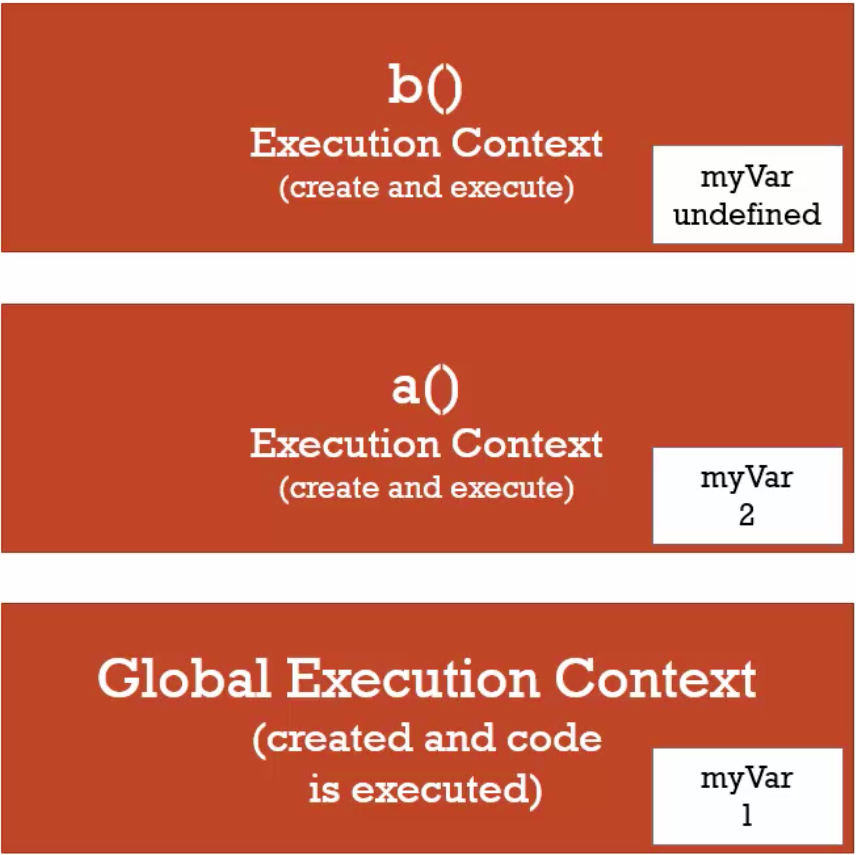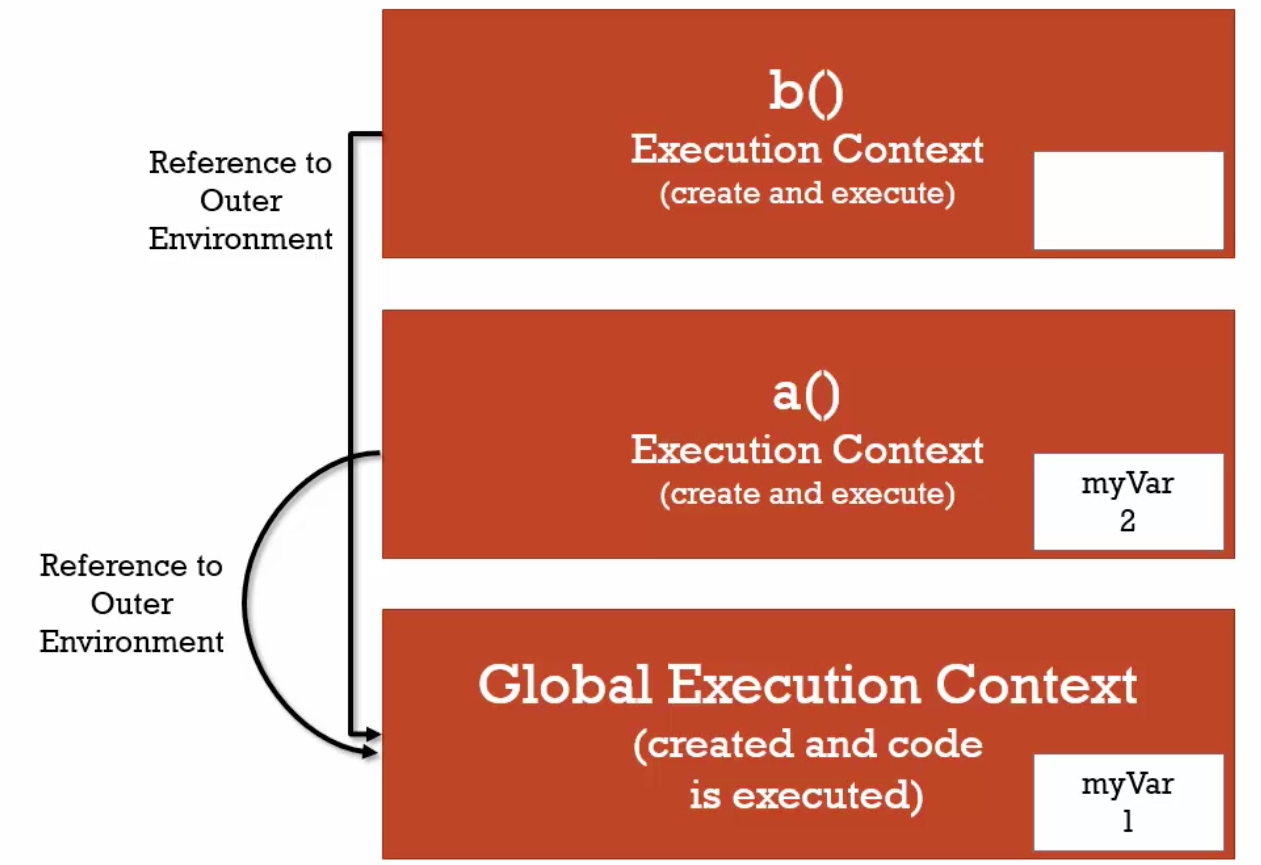1
2
3
4
5
6
7
8
9
10
11
12
13
14
15
16
17
18
19
20
21
22
23
24
25
26
27
28
29
30
31
32
33
34
35
36
37
38
39
40
41
42
43
44
45
46
47
48
49
50
51
52
53
54
55
56
57
58
59
60
61
62
63
64
65
66
67
68
69
70
71
72
73
74
75
76
77
78
79
80
81
82
83
84
85
86
|
(function(global, factory){
...
return factory(global);
}(window, function(window, noglobal){
version = "1.11.2",
jQuery = function( selector, context ) {
return new jQuery.fn.init( selector, context );
},
.
.
.
jQuery.fn = jQuery.prototype ={
...
};
jQuery.extend = jQuery.fn.extend = function() {
...
makeArray: function( arr, results ) {
var ret = results || [];
if ( arr != null ) {
if ( isArraylike( Object(arr) ) ) {
jQuery.merge( ret,
typeof arr === "string" ?
[ arr ] : arr
);
} else {
push.call( ret, arr );
}
}
return ret;
}
...
}
jQuery.extend({...});
var Sizzle =(function (window){});
init = jQuery.fn.init = function( selector, context ) {
...
return jQuery.makeArray( selector, this );
}
init.prototype = jQuery.fn;
var
_jQuery = window.jQuery,
_$ = window.$;
if ( typeof noGlobal === strundefined ) {
window.jQuery = window.$ = jQuery;
}
return jQuery;
}));
|





